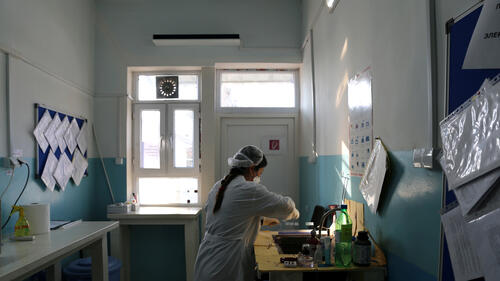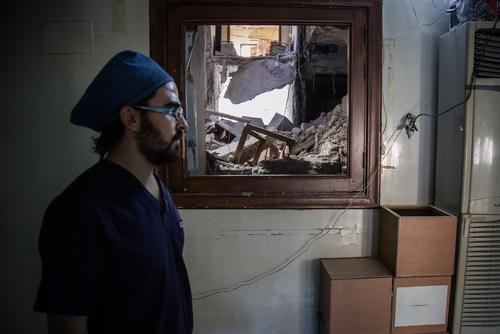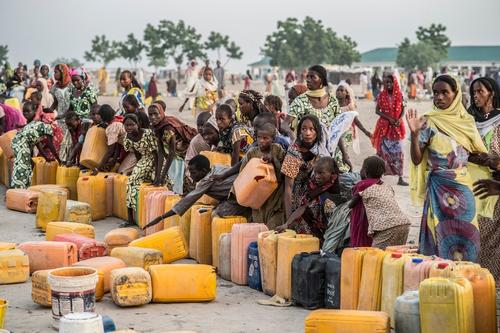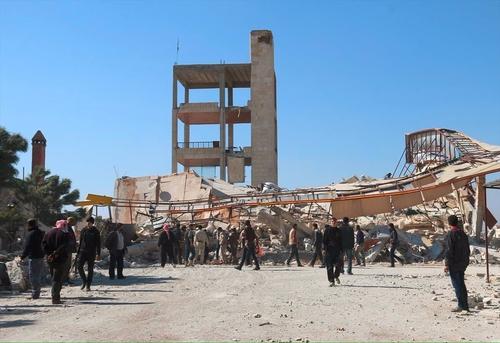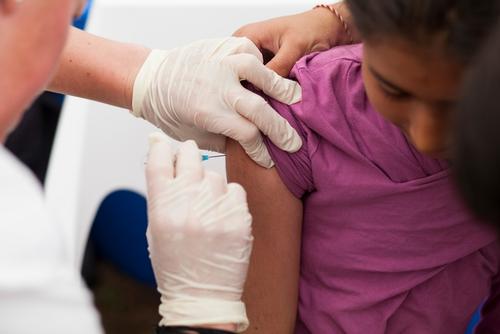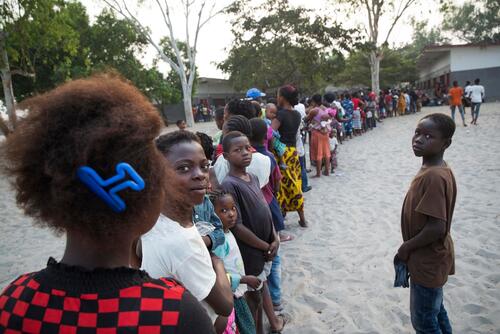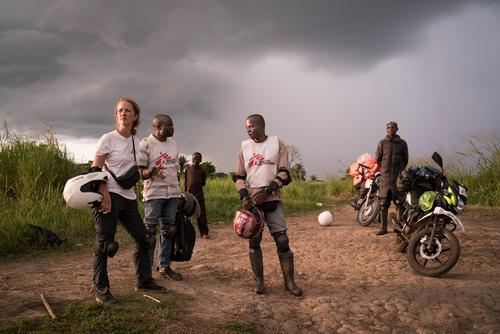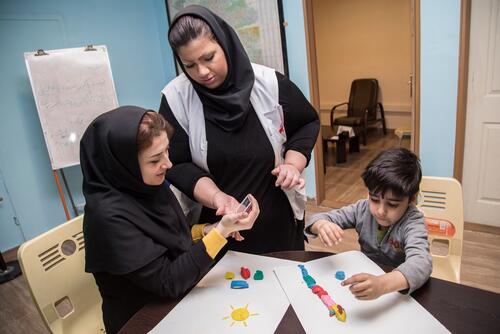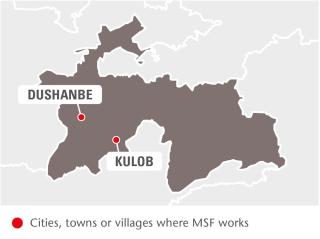Since November 2011, MSF has been working with the Tajik Ministry of Health to diagnose and treat children and their family members who are diagnosed with drug-sensitive and drug-resistant tuberculosis (DR-TB). This year, the promising new drugs bedaquiline and delamanid were used for the first time in the country. Currently, 17 patients are on bedaquiline and four on delamanid.
Where possible, the programme aims to treat patients at home, and demonstrates that comprehensive TB care for children is feasible. MSF also supports the paediatric TB hospital in Dushanbe and the paediatric ward in Machiton hospital.
The comprehensive model of TB care includes patient follow-up, active testing for new patients, laboratory diagnosis, individualised treatment and psychosocial support (including play therapy). The project also treats children who have both TB and HIV, and TB and severe malnutrition. In 2016, MSF worked with the Ministry of Health to finalise the third version of the paediatric guide for Tajikistan, providing information about best practices for the treatment of children with TB. Since the beginning of the project, 147 patients with TB have been treated.
In the south of the country, MSF runs Kulob paediatric HIV and family project. The main objective is to reduce illness and mortality of children with HIV/AIDS, with a special focus on co-infections with other diseases and the prevention of HIV transmission. Since June, the team has assisted 79 patients (62 children and 17 family members) with treatment for opportunistic infections, prevention of mother-to-child transmission of HIV and nutritional and social support programmes.



